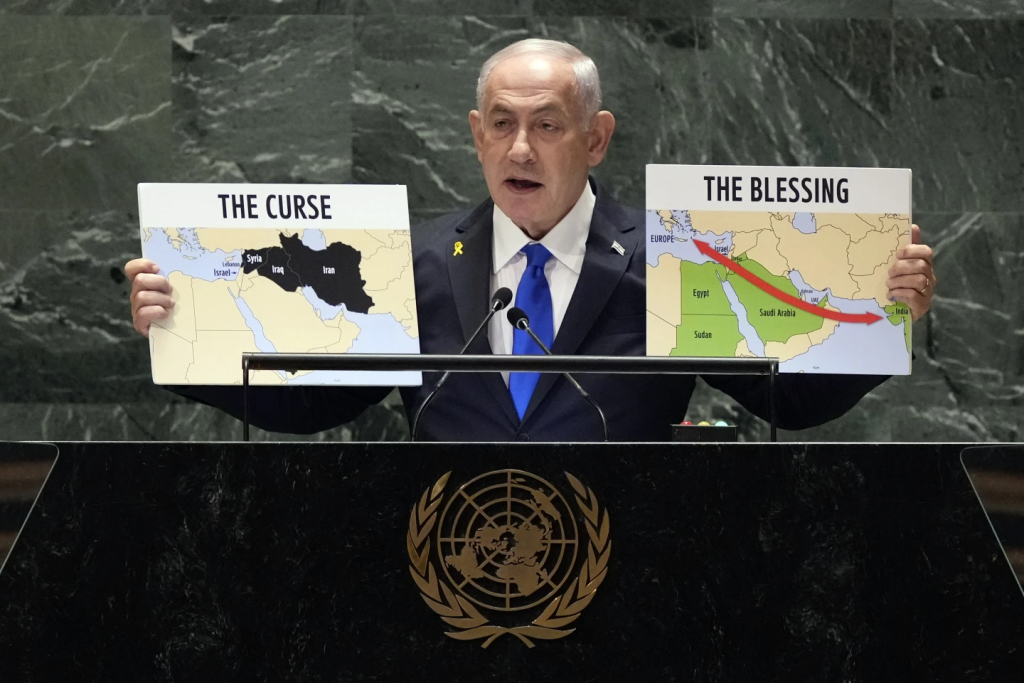Orbán rejects ICC action
Hungarian Prime Minister Viktor Orbán criticized the International Criminal Court (ICC) on Friday for issuing an arrest warrant for Israeli Prime Minister Benjamin Netanyahu, accusing the court of politicizing its role. Orbán labeled the decision “outrageously impudent” and declared Hungary would not comply with the warrant.
Charges against Netanyahu
The ICC, based in The Hague, accused Netanyahu, former Defense Minister Yoav Gallant, and Hamas’ military chief of crimes against humanity during the 13-month Gaza war. The charges include the use of starvation as a warfare method by restricting humanitarian aid and targeting civilians—allegations Israel has strongly denied.
Hungary’s defiance of the ICC

Orbán, a close ally of Netanyahu, stated that the ICC’s actions undermine international law and worsen ongoing conflicts. He invited Netanyahu to Hungary, vowing that his government would ignore the arrest warrant if Netanyahu visits. “We will defy this decision, and it will have no consequences for him,” Orbán asserted.
Hungary’s obligations and resistance
As an ICC member, Hungary is technically required to arrest individuals with ICC warrants if they enter its territory. However, Orbán and Hungarian Foreign Minister Péter Szijjártó dismissed the court’s actions as “absurd” and indicated that Hungary would not comply.
Context of the ICC warrant
The ICC issued the warrants amidst escalating violence in Gaza, where local health authorities report over 44,000 deaths, including significant numbers of women and children. These figures do not distinguish between civilian and combatant casualties.
Orbán’s stance reflects his government’s alignment with Israel and its criticism of international institutions perceived as overstepping their authority.